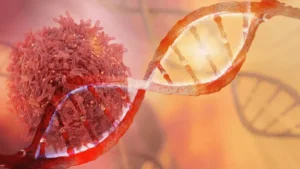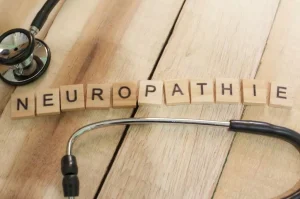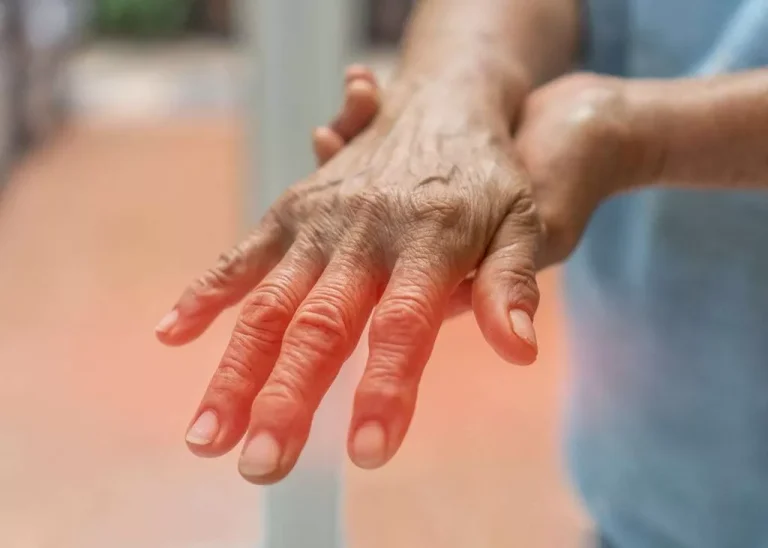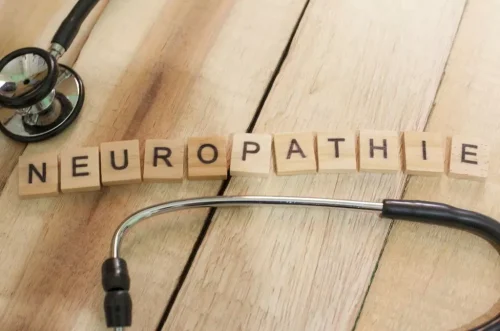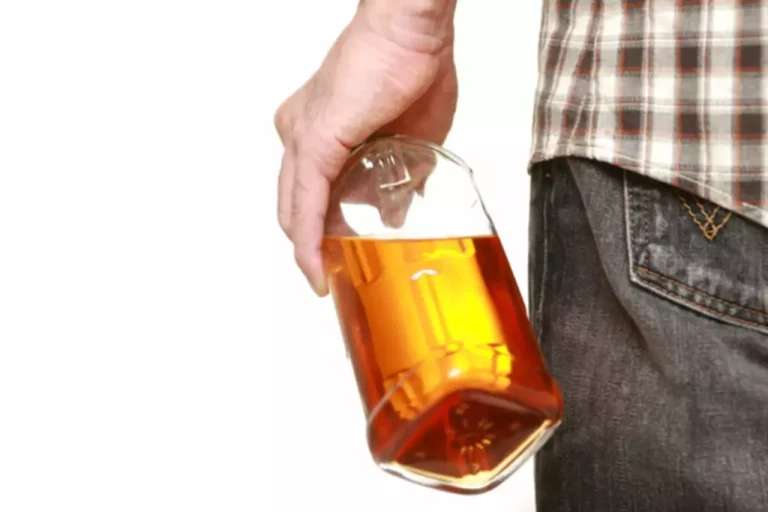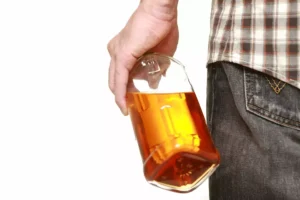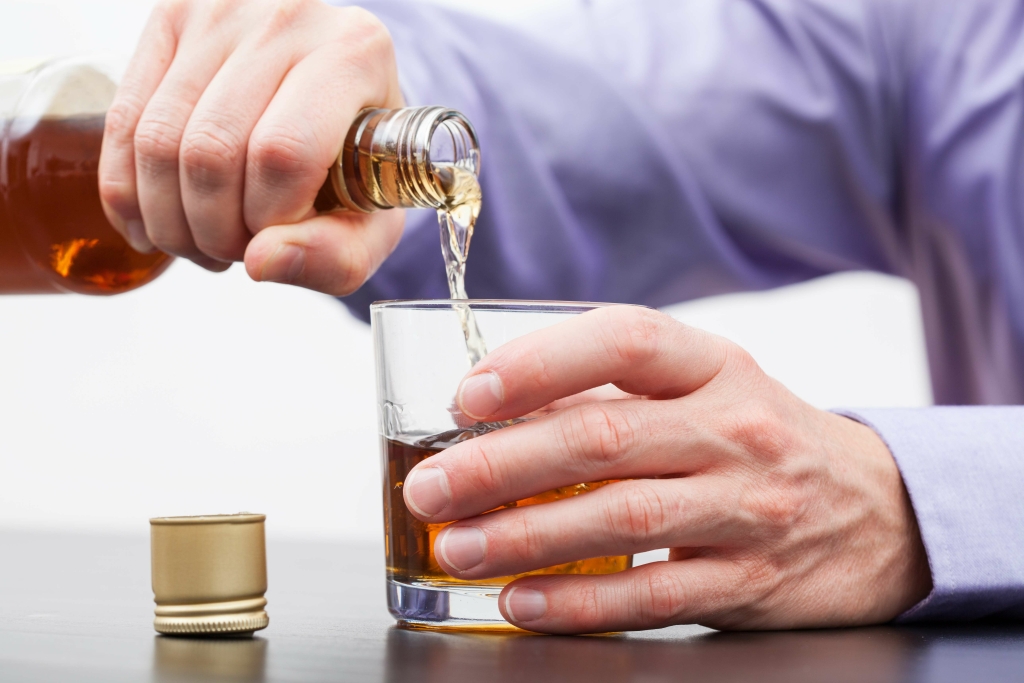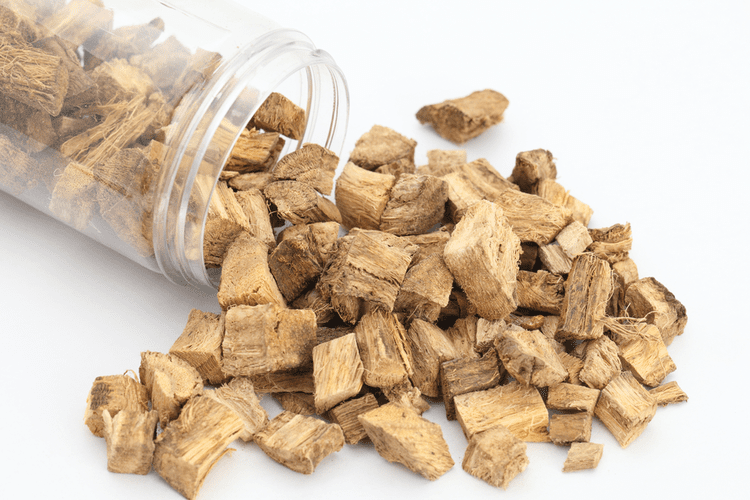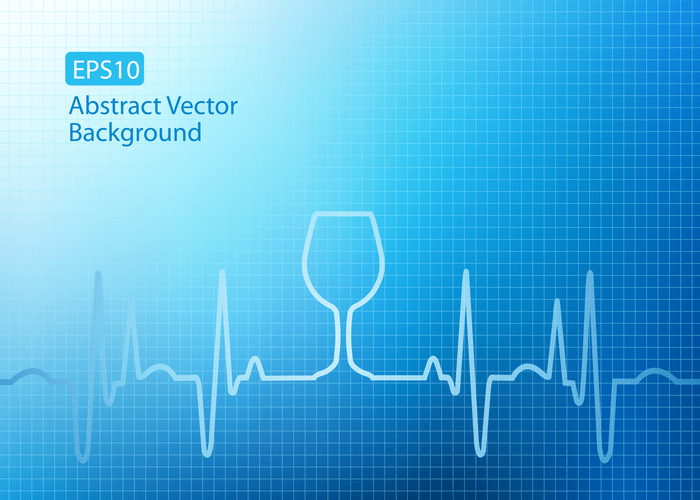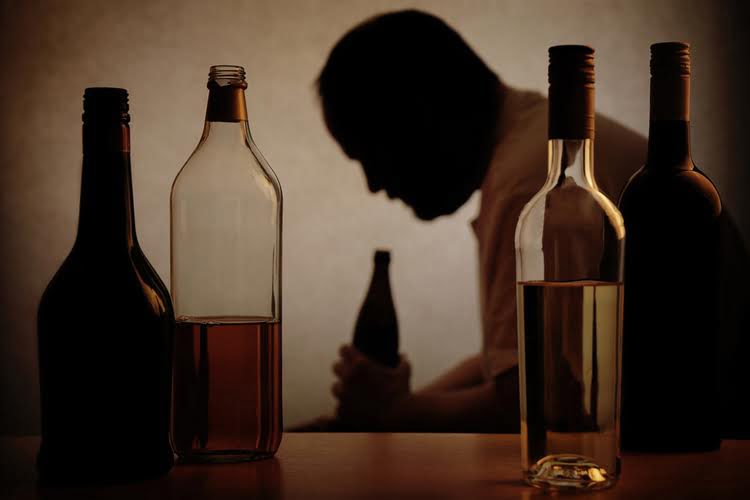Not all commission structures are based on individual performance. Some employers decide to encourage teamwork by setting group goals and then dividing commissions equally among team members when quotas are reached. Of course, they need to pay back the employer at the end of the pay period.
keys to setting up a new hire for success in a commission-based role
Your core task will remain similar, with the difference being that the ads and services you’ll sell will be for digital businesses. Here are some of the best commission-based jobs that will allow you to increase your income considerably while keeping your career path on track. With our user-friendly interface and focus on connecting job seekers with employers in real time, you can easily search for commission-based positions in your area. Commission-based jobs span a variety of industries and roles, each offering unique opportunities and challenges. Not only do you need solid sales chops, but you also need the ability to quickly learn about new products, allowing you to present them in the best way possible, answer questions about them, and more.
If you are hiring for commission-based roles, you have probably encountered misconceptions about commission-based employment, especially among entry-level candidates. Good candidates for these roles possess different characteristics than those who you might consider for a non-commission role. Here I get into how to address those misconceptions, how to identify great candidates and how to set new hires up for success in a commission-based role. In a commission-based job, you are usually working independently, which means you don’t have the same job security as someone who works for a company.
Software sales agent
In short, commission jobs, with their income ups and downs, are not for the faint of heart. But as these professionals will tell you, those with the right skill set who find their ideal venture consider them well worth the risk. As a software sales rep, you’ll have to work closely what is tom arnold doing now with a client list to understand their software needs better so you can adequately offer one of your suites as a solution. Keep in mind that a good salesperson knows their product, so you’ll need thorough and detailed training in the programs you’ll be offering.
In the best case scenario, the salesperson might continue to receive a residual commission even after they move to another company. Truth be told, commission jobs are only for a specific type of person. While some may get motivated by being in control of their income, others may find stressing the uncertainty of not having a fixed salary every month. Fortunately, if you’re a resilient individual with a strong drive, there are various commission-based jobs to take control of your earnings.
Everything You Need to Know About the $26,000 Employee Retention Tax Credit (ERTC)
For example, let’s imagine you get monthly commission, and you’re paid on the first of the month. It might not be possible to pay your commission for all of your June work on July 1, as there is usually a processing delay. With the percentage approach, how much you earn is usually related to the value of the sale, the amount a new hire placed in a job opening makes in a year, or a similar metric. If nothing else, agree to revisit the commission structure after you’ve been working at the company for a while, she suggests, and get it in writing.
She makes an annual salary of $110,000 and a 20% commission of the annual salary for each role she successfully fills. In March, she successfully hired three executive roles with yearly incomes of $150,000, $180,000, and $200,000. A straight commission means your employer bases your earnings entirely on commission, so you’ll only receive a payment if you close a sale. Straight commission will either be a flat fee or a percentage of the total sale, varying from one business and service to another.
- This can be a very lucrative arrangement for highly talented and motivated salespeople.
- Don’t wait for the candidate to bring up the objection on their own – remember to address these points during the interview.
- Both buyer’s and seller’s agents get a commission, usually around 5 to 6 percent split evenly between them.
- For example, let’s imagine you get monthly commission, and you’re paid on the first of the month.
- On the commission side, you usually earn either a set amount or a percentage for each contract you secure.
It may increase incrementally after the employee reaches certain sales goals, either by a dollar or unit amount. Record-keeping is essential for almost every job From employee hours worked, to scheduling, to payroll, to literally everything in-between, it can be a headache if done improperly. Commission-based pay for employees isn’t immune to potential record keeping woes. Record-keeping isn’t impossible but it may deter some employers from implementing this type of pay for employees.
Commission-based work is meant to be more competitive and move the company or team toward a communal goal, so these are great jobs for folks who are ambitious and thrive in competitive environments. For people who love the thrill and uncertainty of a seemingly limitless income target, commision-based pay offers a real thrill. After all, if an employee is measured by how much they sell or the revenue number coming from it, and they get a percentage of a lot, then they will, of course, keep increasing their income. Commission-based jobs base an employee’s income on a percentage (or, in some cases, a flat rate) of goods or services sold. Many employees who are part of a sales department will more likely than not be on commission-based pay, though the pay tiers and structures do differ. Outside recruiters, particularly those involved in hard-to-fill positions, often earn commissions based on a flat fee or a percentage of the new hire’s annual salary.



